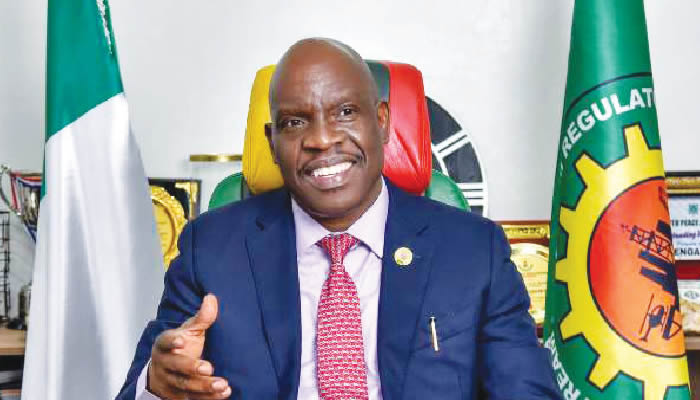Paragraph 1: The Nigerian Upstream Petroleum Regulatory Commission (NUPRC) has proactively addressed the critical issue of decommissioning and abandonment liabilities in the oil and gas sector, securing over $400 million in financial guarantees from recent oil asset divestments. This strategic move aims to prevent Nigeria from inheriting substantial environmental and financial burdens associated with the eventual closure and remediation of oil fields. Learning from international experiences, where decommissioning costs have run into billions of dollars, the NUPRC implemented stringent measures during recent divestment transactions involving major oil companies like NAOC, Oando, Equinor, Mobil Producing Nigeria Unlimited, Shell, TotalEnergies, and their respective buyers.
Paragraph 2: The NUPRC’s approach emphasizes preemptive action by securing decommissioning and abandonment obligations through upfront escrow arrangements and Letters of Credit, as mandated by the Petroleum Industry Act (PIA). This proactive strategy ensures that funds are readily available for proper decommissioning and remediation activities when oil fields reach the end of their productive life. Alongside the financial guarantees, the commission also secured over $9.2 million in environmental remediation commitments, demonstrating its commitment to mitigating the environmental impact of oil and gas operations. This approach aligns with global best practices and reinforces Nigeria’s dedication to responsible resource management.
Paragraph 3: Beyond addressing immediate divestment-related liabilities, the NUPRC has implemented a comprehensive framework for managing decommissioning and abandonment across the oil and gas sector. Since April 2023, the commission has approved 94 decommissioning and abandonment plans, representing a total of $4.42 billion in liabilities. These funds will be progressively remitted into designated escrow accounts over the production life of the respective oil fields, ensuring a steady stream of resources for future decommissioning activities. This structured approach promotes long-term financial planning and minimizes the risk of environmental damage.
Paragraph 4: Addressing a longstanding concern of international oil companies, the NUPRC has developed a regulatory framework for the domiciliation of escrow accounts, following extensive consultations with industry stakeholders. This framework, awaiting formal gazetting by the Ministry of Justice, provides clarity and transparency regarding the management of decommissioning funds. The NUPRC’s collaborative approach, involving both industry players and government agencies, underscores its commitment to creating a stable and predictable regulatory environment.
Paragraph 5: The NUPRC’s efforts in managing decommissioning liabilities are supported by key partners, including the Nigeria Extractive Industries Transparency Initiative (NEITI) and the Oil Producers Trade Section (OPTS). NEITI, acting as a watchdog for transparency and accountability in the extractive sector, ensures that the NUPRC incorporates disclosure principles into its regulatory processes. OPTS, representing the collective voice of oil producers, collaborates with the NUPRC to develop regulations that balance industry realities with national priorities. This multi-stakeholder engagement promotes a balanced and effective approach to decommissioning.
Paragraph 6: Concurrently, NEITI emphasizes the importance of compliance with its mandatory industry audit process, stressing that transparency and accountability are crucial for attracting investments and building public trust. NEITI conducts regular audits of companies operating in Nigeria’s extractive industries, ensuring adherence to global standards and fostering a conducive business environment. The NEITI Companies Forum serves as a platform for dialogue and collaboration between government, industry, and civil society, addressing key issues such as data disclosure, beneficial ownership transparency, contract transparency, and climate change. This ongoing dialogue facilitates continuous improvement in the governance of Nigeria’s extractive industries.


